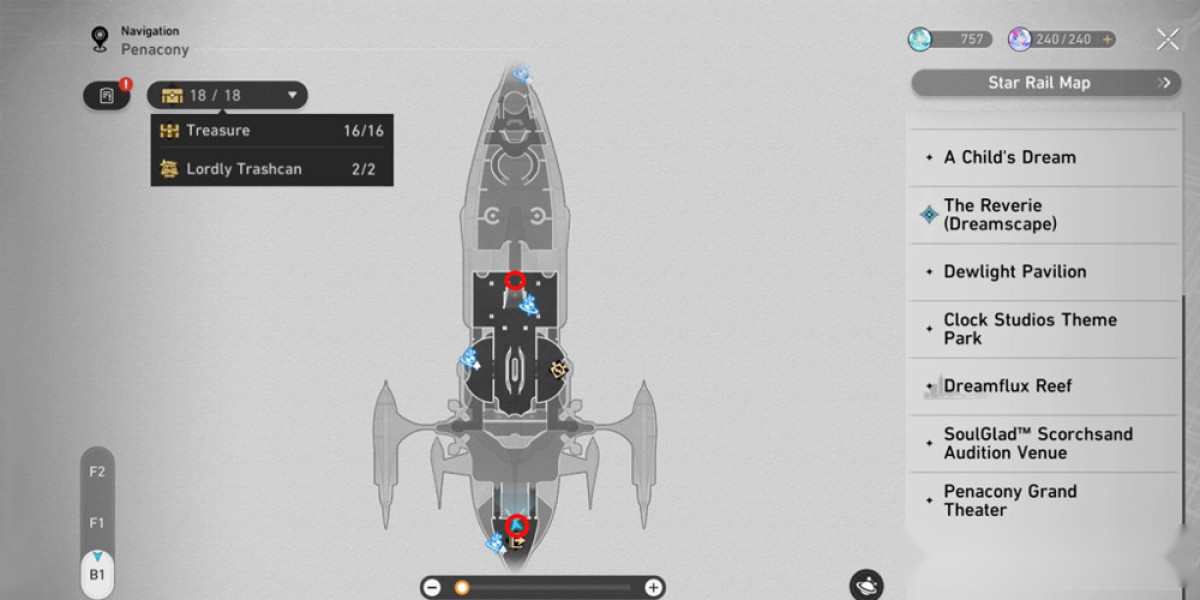Denmark is a top destination for international students due to its high-quality education system, rich cultural experiences, and vibrant student life. However, one of the most important considerations when studying abroad is finding the right accommodation. The housing market in Denmark, especially in cities like Copenhagen, Aarhus, and Odense, can be competitive and expensive. Fortunately, there are various accommodation options for students to suit different budgets and preferences.
1. Student Dormitories (Kollegium)
Student dormitories, known as kollegium in Danish, are one of the most common and affordable accommodation options for students in Denmark. These dormitories are either owned by universities or managed by private organizations. Typically, dormitories offer private rooms with shared common areas such as kitchens, bathrooms, and lounges.
Living in a kollegium provides a great opportunity for students to meet peers, as these dorms tend to have a strong sense of community. Rent in these dorms is generally affordable, ranging from €250 to €600 per month, depending on the location and the facilities offered. Kollegiums are located near university campuses or in areas well-connected by public transport, making them a convenient choice for students.
2. Private Apartments and Shared Housing
For students who seek more privacy, renting a private apartment is another popular option. While renting an entire apartment can be more expensive, it offers students independence and space. In larger cities like Copenhagen and Aarhus, rent for a one-bedroom apartment typically ranges from €800 to €1,200 per month. However, rent prices vary depending on the city and the specific area within the city.
Many international students opt to rent a room in a shared apartment. This option is less expensive than renting a private apartment and allows students to split the rent and utility costs with other residents. Shared apartments are a popular choice for those who enjoy socializing and want to live with other students. Rent for a room in a shared apartment generally falls between €400 and €800 per month.
3. University-Managed Housing
Many universities in Denmark offer student accommodation through their own housing services. These housing options include both dormitories and private rooms in shared apartments, often located near campus. University-managed housing is a good option for international students, as it is specifically designed to meet their needs. However, due to high demand, securing a spot in university-provided housing can be competitive. It is recommended to apply as early as possible to increase the chances of getting an offer.
The rent for university-managed accommodation is typically affordable and falls in a similar price range to kollegium housing. Students applying for university accommodation may be required to pay an application fee, and priority is often given to international students arriving for the first time.
4. Short-Term Rentals
For students who arrive in Denmark before securing permanent housing or are staying for a short study period, short-term rentals are a viable option. Platforms like Airbnb, Booking.com, and local rental websites offer temporary accommodation that can be rented by the day, week, or month. This gives students the flexibility to settle in and search for more permanent housing once they arrive in Denmark.
Short-term rentals can range from €30 to €100 per night, depending on the location and type of accommodation. While more expensive than long-term options, these rentals provide convenience and flexibility for students who need temporary housing.
5. Shared Housing with Locals
Some students in Denmark choose to rent a room in a private home, which offers an opportunity to immerse themselves in Danish culture. Shared housing with locals is often cheaper than renting a private apartment, with rent typically ranging from €300 to €600 per month. Websites like BoligPortal and Findroommate.dk often list available rooms in shared housing arrangements.
Living with locals can be a great way to practice Danish, learn about the local lifestyle, and get a feel for Danish customs. Additionally, students can save on rent and utilities by sharing living costs with their host.
6. Renting Through Online Platforms
To find accommodation in Denmark, many students use online housing platforms like BoligPortal, Findroommate.dk, and Lejebolig.dk. These platforms list apartments, rooms, and shared accommodations available for rent. Many listings cater specifically to students, offering budget-friendly housing options in desirable locations.
Conclusion
Denmark offers a wide range of accommodation options for students, from affordable student dormitories and university-managed housing to private apartments and shared rooms. The availability of student housing can be competitive, especially in major cities, so it’s essential to apply early and explore various options. By understanding the different types of accommodations and planning ahead, international students can find the perfect place to call home while studying in Denmark.







